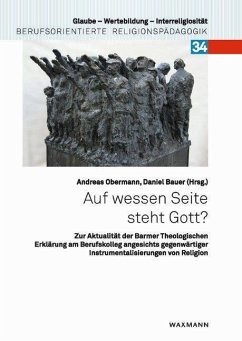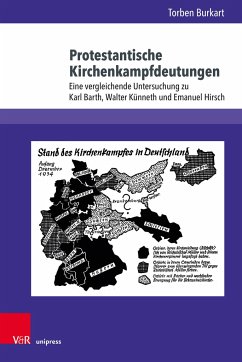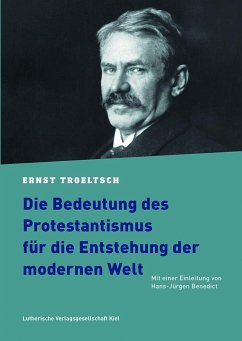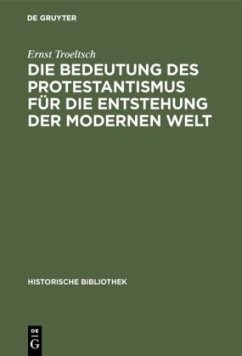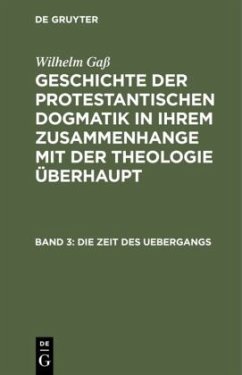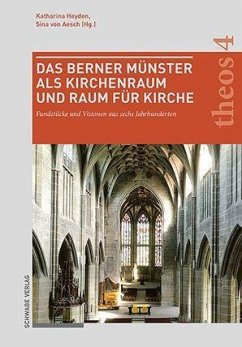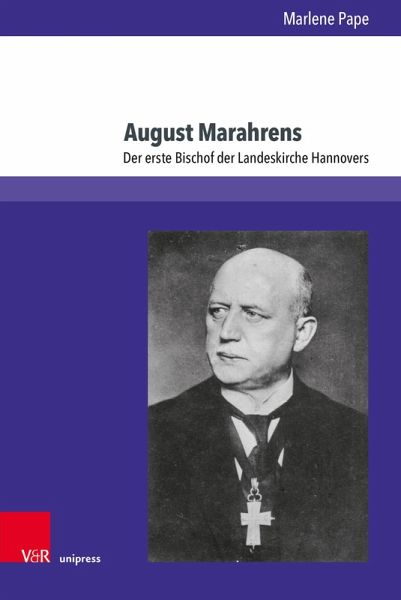
August Marahrens
Der erste Bischof der Landeskirche Hannovers

PAYBACK Punkte
0 °P sammeln!
Mit diesem Band liegt erstmals eine vollständige Berufsbiographie des umstrittenen ersten hannoverschen Landesbischofs August Marahrens (geb. 1875) vor. Auf Grundlage einer genauen Auswertung bislang weitgehend unberücksichtigter Quellen werden seine Studien- und ersten Berufsjahre während des Kaiserreiches und der Weimarer Republik analysiert und kritisch gewürdigt, um auf dieser Grundlage sein Wirken ab 1933 neu zu bewerten. Hier zeigte Marahrens sich von Beginn an dem Nationalsozialismus gegenüber positiv eingestellt, unterstützte dessen inhaltliche Gedanken und lehnte lediglich die R...
Mit diesem Band liegt erstmals eine vollständige Berufsbiographie des umstrittenen ersten hannoverschen Landesbischofs August Marahrens (geb. 1875) vor. Auf Grundlage einer genauen Auswertung bislang weitgehend unberücksichtigter Quellen werden seine Studien- und ersten Berufsjahre während des Kaiserreiches und der Weimarer Republik analysiert und kritisch gewürdigt, um auf dieser Grundlage sein Wirken ab 1933 neu zu bewerten. Hier zeigte Marahrens sich von Beginn an dem Nationalsozialismus gegenüber positiv eingestellt, unterstützte dessen inhaltliche Gedanken und lehnte lediglich die Religionspolitik ab. Geradezu exemplarisch steht der erste Landesbischof damit für eine bestimmte Spielart des national-konservativen Protestantismus seiner Zeit.
The volume presents the first comprehensive career biography of the controversial Landesbischof of Hanover, August Marahrens (born 1875). Based on a thorough analysis of largely overlooked sources, it examines and critically evaluates his years of study and early career during the German Empire and the Weimar Republic, laying the groundwork for a reassessment of his actions after 1933. From the outset, Marahrens displayed a positive attitude toward National Socialism, supported its ideological principles, and opposed only its religious policies. As the Landesbischof, Marahrens serves as a prime example of a specific variant of national-conservative Protestantism of his time.
The volume presents the first comprehensive career biography of the controversial Landesbischof of Hanover, August Marahrens (born 1875). Based on a thorough analysis of largely overlooked sources, it examines and critically evaluates his years of study and early career during the German Empire and the Weimar Republic, laying the groundwork for a reassessment of his actions after 1933. From the outset, Marahrens displayed a positive attitude toward National Socialism, supported its ideological principles, and opposed only its religious policies. As the Landesbischof, Marahrens serves as a prime example of a specific variant of national-conservative Protestantism of his time.






